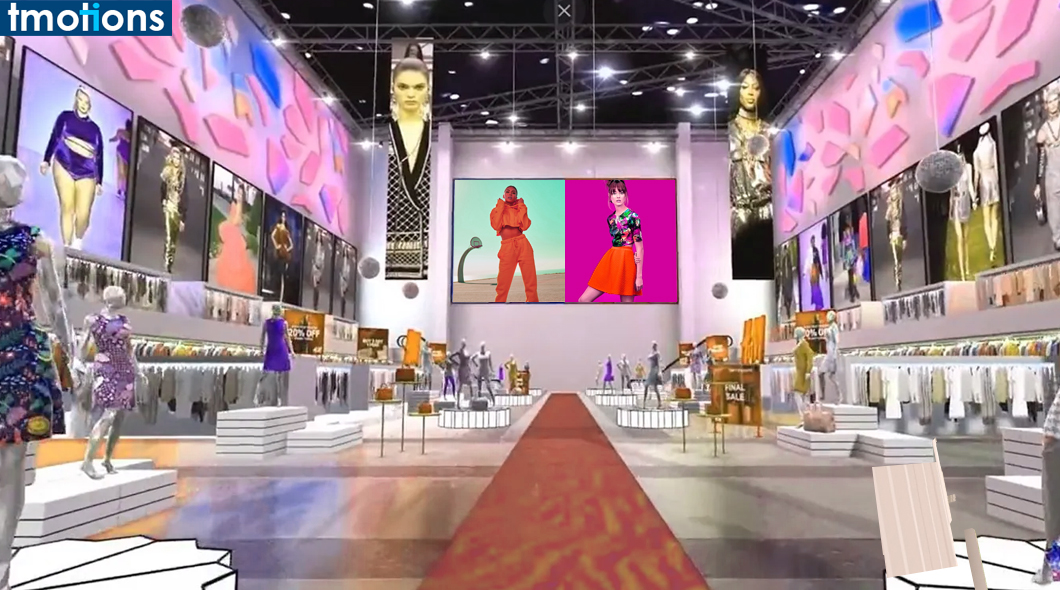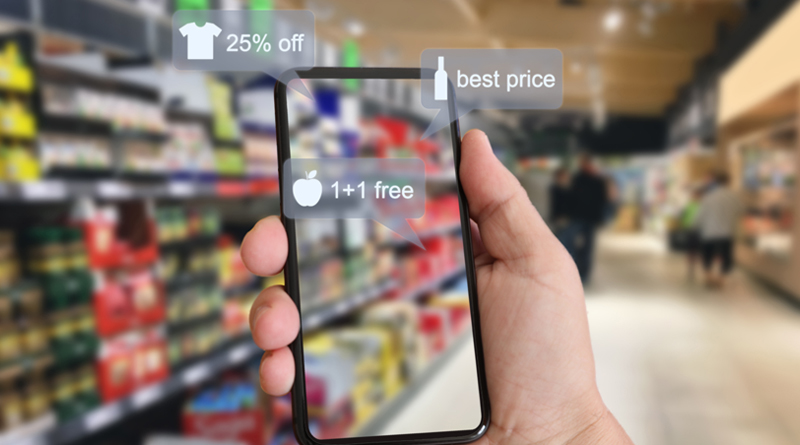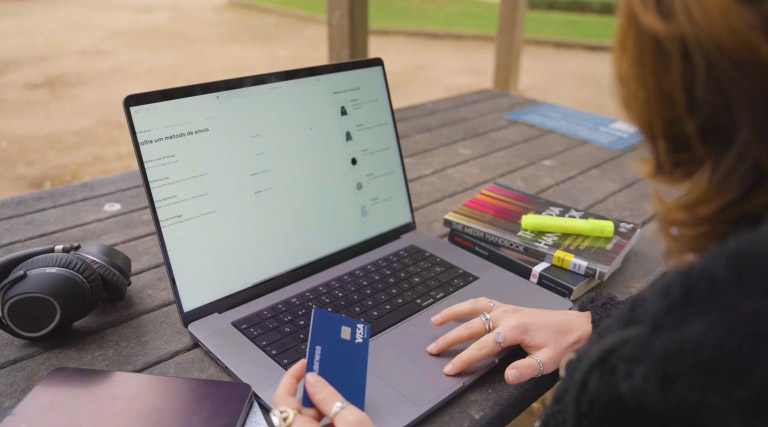Introduction
The metaverse, a virtual world where users can interact with a digital environment and each other, is rapidly emerging as the next frontier for businesses. Retailers, in particular, have the potential to benefit immensely from this new and exciting digital landscape.
This blog post explores how retail businesses can leverage the metaverse to revolutionize customer experiences, expand their reach, and achieve unprecedented success.
1. Creating Immersive and Interactive Shopping Experiences
The metaverse offers retailers the opportunity to create immersive and interactive shopping experiences that can’t be replicated in the physical world. By harnessing the power of virtual reality (VR) and augmented reality (AR) technologies, businesses can develop highly engaging virtual stores, where customers can browse products, try on clothes, and even consult with sales associates in real-time.

For example, a fashion retailer could create a virtual fitting room where customers can see how clothes would fit on their avatars, eliminating the need for them to visit a physical store. Additionally, integrating AI-powered chatbots and virtual assistants can help answer customer queries and provide personalized recommendations, elevating the shopping experience.
Microsoft Dynamics 365 and nopCommerce | NopCommerce vs Magento | Digital Transformation
2. Expanding Market Reach and Global Accessibility
One of the most significant advantages of the metaverse is its ability to break down geographical barriers. By creating a virtual store in the metaverse, retailers can reach customers globally, regardless of their physical location. This not only expands the potential customer base but also provides businesses with valuable insights into new markets.
Furthermore, retailers can take advantage of digital currencies and blockchain technology to facilitate seamless and secure cross-border transactions. Accepting cryptocurrencies as a mode of payment can help businesses cater to customers from different parts of the world while reducing transaction costs.
Microsoft Dynamics 365 For Sales | Power Up your B2B eCommerce with Search | How Food Went High Tech
3. Building Brand Loyalty through Gamification and Exclusivity
The metaverse is an ideal platform for retailers to engage customers and build brand loyalty through gamification and exclusive experiences. Retailers can create virtual games, treasure hunts, or contests that reward participants with digital assets, such as non-fungible tokens (NFTs), discounts, or in-game currency. This not only enhances customer engagement but also incentivizes repeat visits to the virtual store.

Businesses can also host exclusive virtual events, such as fashion shows, product launches, or concerts, where customers can interact with their favorite brands and celebrities. These one-of-a-kind experiences can generate buzz and excitement, leading to increased brand awareness and customer loyalty.
Winning at B2B Commerce: How Customer-Centric Strategies Drive Growth and Loyalty
4. Enhancing Customer Data Collection and Personalization
The metaverse enables retailers to gather valuable customer data, such as shopping preferences, browsing patterns, and purchase history, in a more comprehensive and non-intrusive manner. This wealth of information can be used to create highly personalized shopping experiences that cater to individual customer needs.
For instance, using AI and machine learning, retailers can analyze customer data to develop personalized recommendations, targeted promotions, and customized marketing messages. This level of personalization not only improves customer satisfaction but also drives higher conversion rates and customer retention.
5. Reducing Operational Costs and Environmental Impact
By establishing a presence in the metaverse, retailers can significantly reduce operational costs associated with running a physical store, such as rent, utilities, and staff salaries. This allows businesses to invest more resources into enhancing their digital presence and developing innovative strategies to attract and retain customers.
Moreover, the shift to virtual retail experiences can contribute to reducing the industry’s environmental impact by decreasing carbon emissions from transportation, energy consumption, and waste generation.
Leveraging Big Data in Ecommerce | NopCommerce – The Ultimate Complete Guide
Conclusion
In conclusion, the metaverse presents a new and exciting opportunity for retailers to revolutionize their businesses, create immersive and interactive shopping experiences, expand their reach, and build brand loyalty. By embracing digital technologies, retailers can leverage the metaverse to gather valuable customer data, reduce operational costs, and contribute to a more sustainable future. As the metaverse continues to evolve and mature, it’s crucial for retailers to stay ahead of the curve and explore innovative ways to harness its potential.
The future of retail is here, and it’s time for businesses to seize the opportunity and thrive in the metaverse.
If you have any questions or feedback regarding our blog post on “The Future of Retail: Leveraging the Metaverse for Business Success,” please don’t hesitate to reach out to us. We value your thoughts and would be delighted to hear from you.













